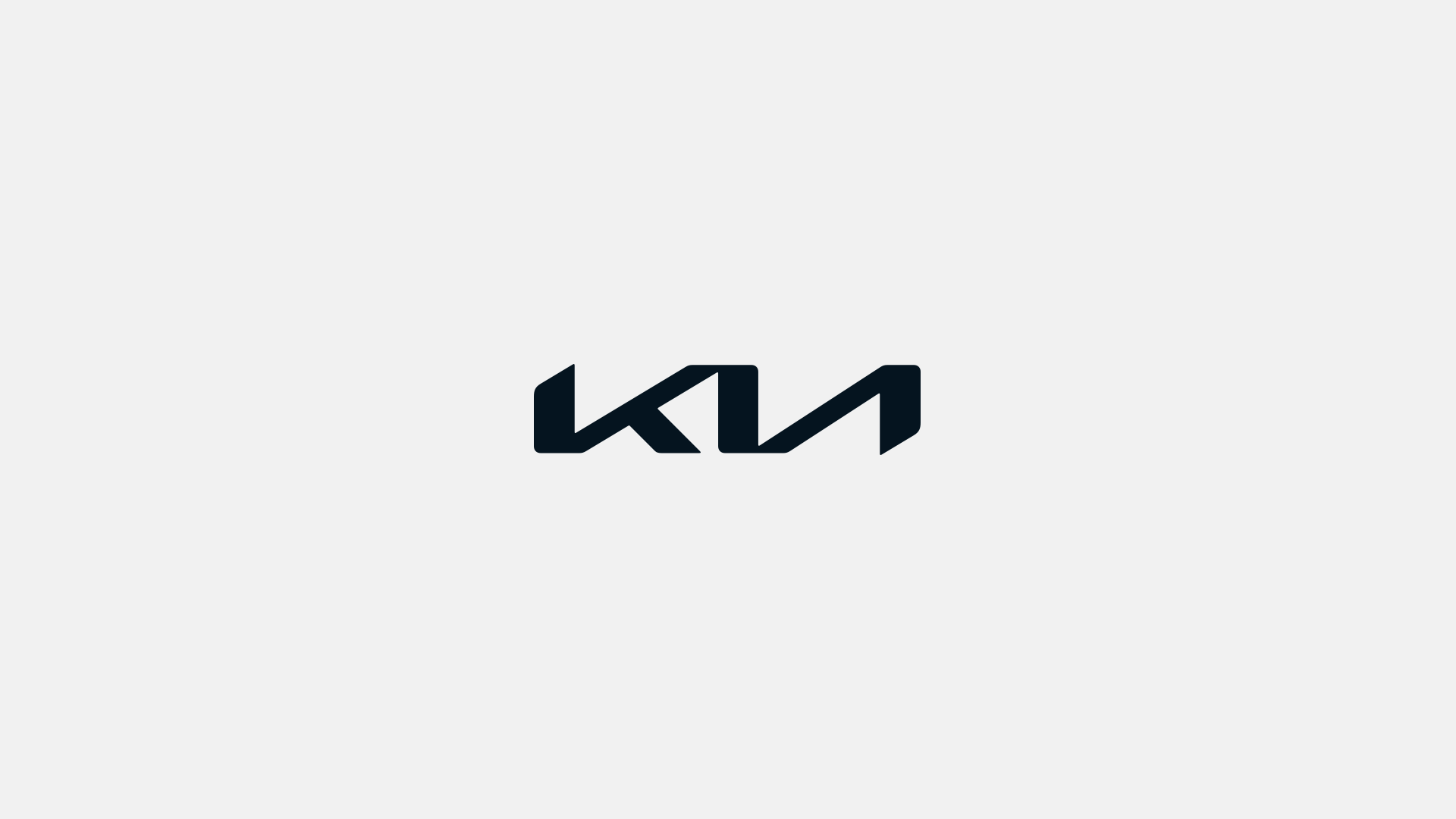Kia starts building facility for electric purpose-built vehicle (PBV) production
- HMG Newsroom
- 2023.04.11 (KST)
- 분량9min
- 조회수 10,638Views

- Dedicated plant for electric purpose-built vehicles (PBV) with yearly capacity of 150,000 units
- The plant to mass produce battery-electric PBVs in second half of 2025
- Plant to showcase flexible production by adopting smart innovations, such as efficient ‘cell method’ of manufacturing
Kia held a groundbreaking ceremony today for its dedicated plant for the production of battery-electric purpose-built vehicles (PBV). The ceremony was held at Kia’s Hwaseong plant, located in Gyeonggi Province, South Korea, and was attended by over 200 people, including government officials, Hyundai Motor Group Executive Chair Euisun Chung, Kia’s Global President and CEO Ho Sung Song, and other employees from Hyundai Motor Group and the automotive parts industry.
Kia President and CEO Ho Sung Song, on behalf of Hyundai Motor Group, highlighted in a greeting, "Hyundai Motor, Kia, and Hyundai MOBIS together plan to invest KRW 24 trillion in the domestic electric vehicle industry by 2030, with the goal of making South Korea one of the top three players in the global EV market. Our focus is to enhance the competitiveness of the entire electric vehicle ecosystem, including research and development, production, and infrastructure, and to lead the way in driving change and innovation in the new global automotive industry."
Cutting-edge smart factory with annual production capacity of 150,000 units
Kia will invest around one trillion won (approximately USD 758 million) to secure 99,000 acres of land, with the company planning to start mass-production in the second half of 2025. It plans to produce 150,000 units in the first full year, with the potential to expand in line with future market conditions.
The new PBV plant will be built as an eco-friendly plant that applies future innovative manufacturing technologies while minimizing carbon emissions. It will also seek efficiency and intelligence with Hyundai Motor and Kia’s smart factory brand ‘E-FOREST technologies’[1] such as digital manufacturing systems.
One of the innovative manufacturing processes to be implemented at the new PBV plant is known as the ‘cellular (or cell) method,’ which allows vehicle production based on diverse customer demands.
The cell method is a process layout strategy that groups together machines or workstations that are used to produce similar products or parts. The goal of the cell method is to create a more efficient and flexible manufacturing process by reducing the distance that materials and products need to travel during production. Under the cell method, machines are arranged in a way that optimizes the flow of materials and products between workstations, with the aim of minimizing downtime, reducing costs and increasing productivity.
The PBV plant’s cutting-edge manufacturing system unifies the new cell method with the original mass-production conveyor system to allow flexible production with more customization of various product types.
In addition, the PBV plant will be built as a low-carbon factory by operating a dry booth, a nature-friendly construction method, during the painting process of vehicle manufacturing, and reducing carbon emissions by about 20 percent compared to existing factories by utilizing natural light and streamlining the manufacturing process.
Kia will also apply innovative technologies such as automation of facilities using machine learning and artificial intelligence (AI), automation of painting quality inspection under the vehicle, automation of installation of parts such as glass, vehicle name, and company logo, and real-time automatic measurement quality data analysis to autonomously correct and install the vehicle body in real time.
The new facility will be a ‘human-friendly’ plant by pushing automation in heavy-duty work and tasks that require looking up at the ceiling, while enhancing the feeling of ‘openness’ and also reducing noise levels.
First battery electric PBV production set for 2025
Kia plans to show SW (project name), the first model in the company’s dedicated PBV lineup, in 2025. The model will be a mid-sized PBV and will be based on the “eS” platform, a dedicated skateboard platform for battery electric PBVs, enabling various types of vehicle bodies to be flexibly combined.
SW has been developed to respond to various business demands such as delivery, ride hailing, and business-to-business (B2B) transactions thanks to its excellent load structure and spacious indoor space that reaches the height of an adult.
After launching the mid-sized SW PBV, Kia plans to expand its product lineup to large-sized PBVs that can be used for logistics, fresh food delivery, multi-seat shuttles, and mobile offices and stores as well as small-sized PBVs and mid-sized robotaxis applied with autonomous driving technology.
Hyundai Motor Group aims to be one of the world’s top 3 EV manufacturers by 2030
At the groundbreaking ceremony, Hyundai Motor Group also outlined its aim to become one of the world’s top three EV manufacturers by 2030 through the combined sales of Hyundai Motor, Kia and Genesis electric models.
The Group also announced that it plans to significantly expand the annual EV production in Korea to 1.51 million units and global volume to 3.64 million units by 2030. To enable such plans, Hyundai Motor and Kia, alongside with Hyundai MOBIS, plan to invest KRW 24 trillion (approximately 18 billion USD) in the EV sector domestically.
In 2030, Hyundai Motor Group will have a total lineup of 31 EV models, including models from Hyundai Motor, Kia, and luxury brand Genesis. Kia will launch EV9, its first three-row seat electric flagship SUV, this year and Hyundai Motor plans to launch the IONIQ 7 in 2024.
Hyundai Motor Group’s large-scale investment aims to upgrade Korea’s EV ecosystem and strengthen its role as a hub for driving innovation in the global future automotive industry. It is also expected to promote a virtuous cycle of domestic EV production, R&D, infrastructure and related industries.
[1] * E-FOREST is a smart factory ecosystem that pursues innovation in manufacturing systems by organically connecting everything to realize customer value.
For more information, visit: https://www.hyundaimotorgroup.com/story/CONT0000000000003696